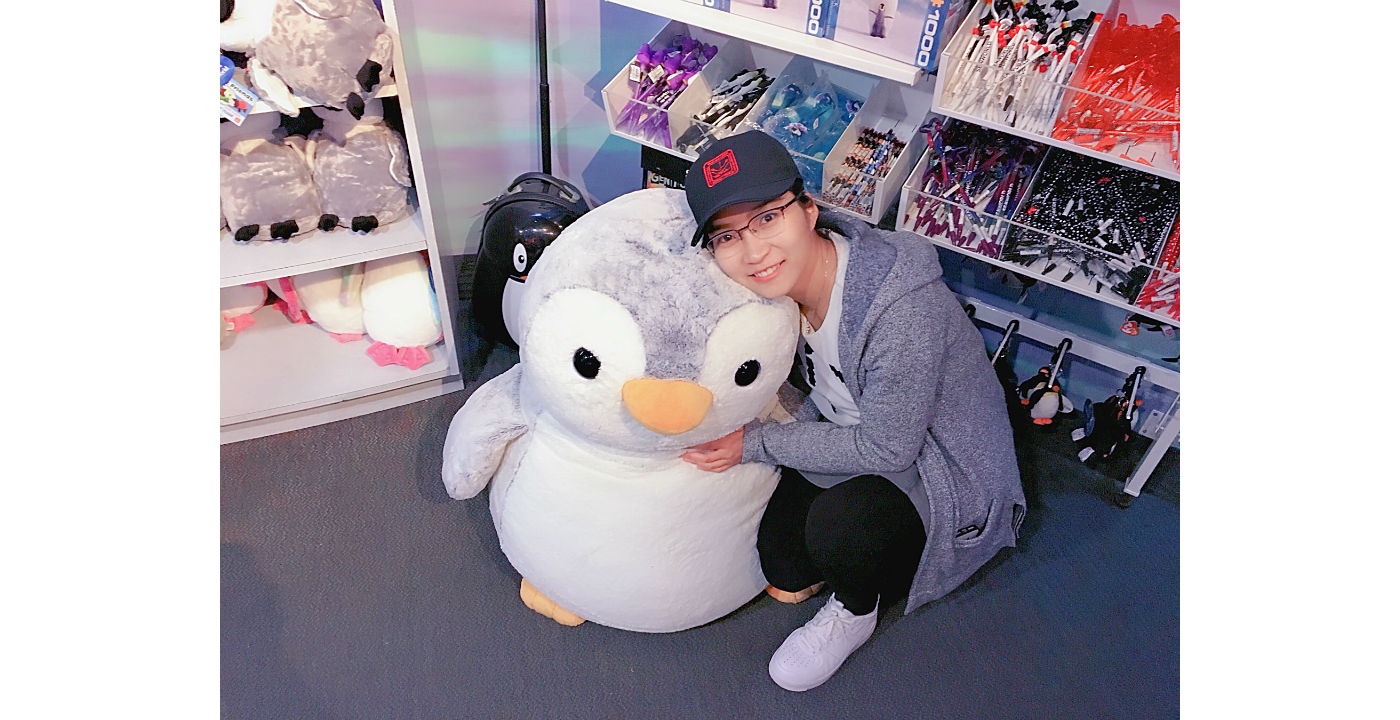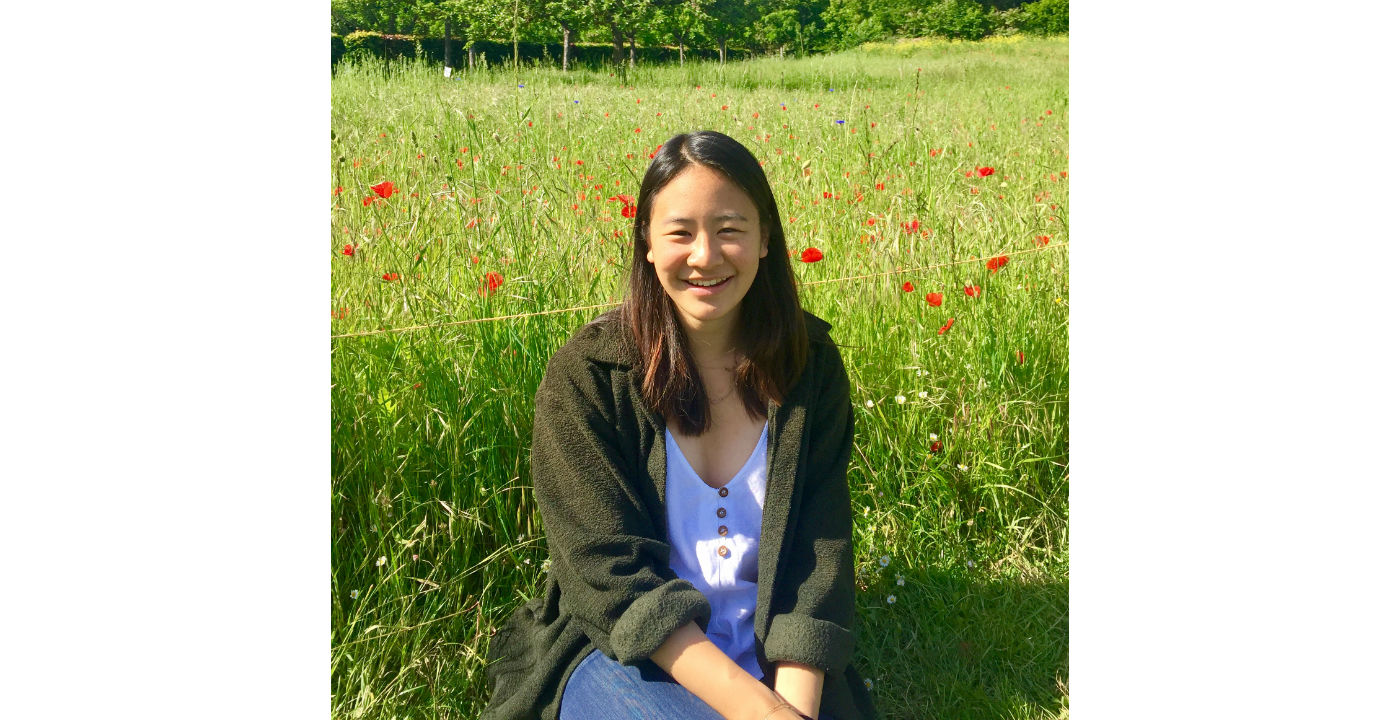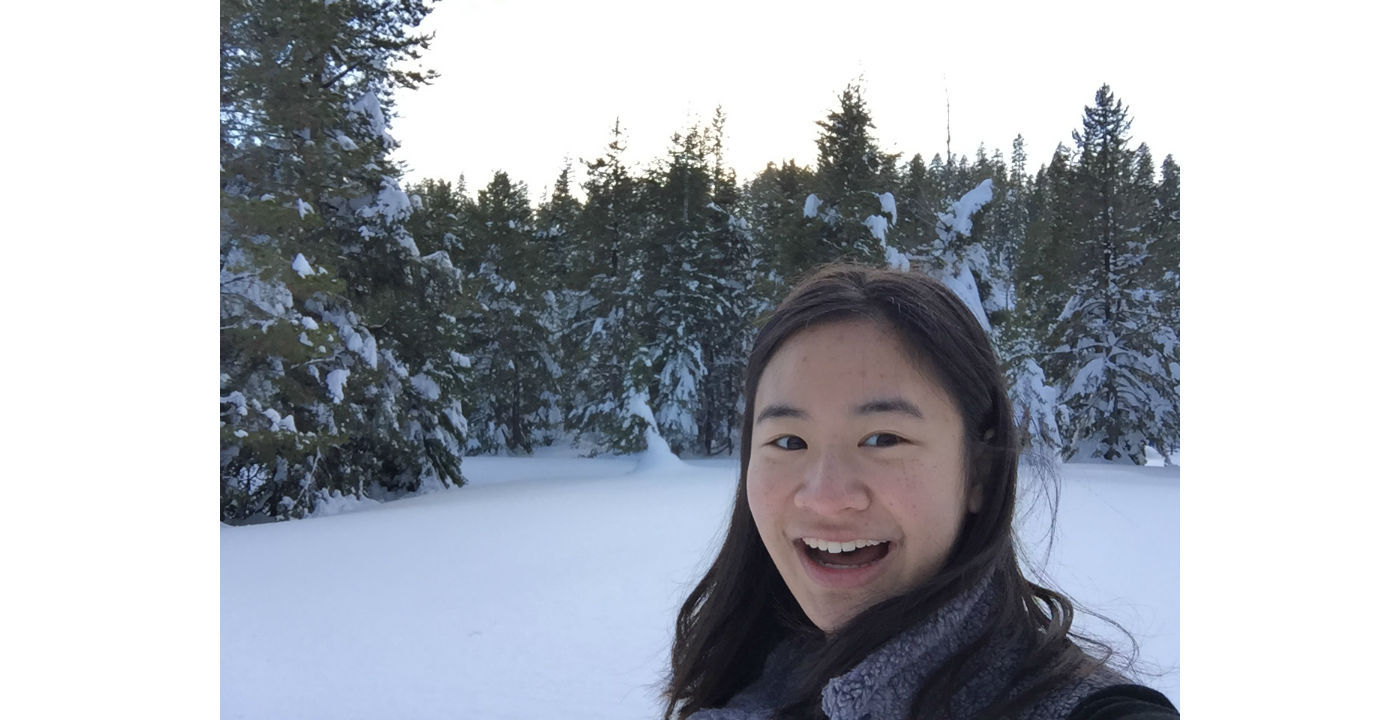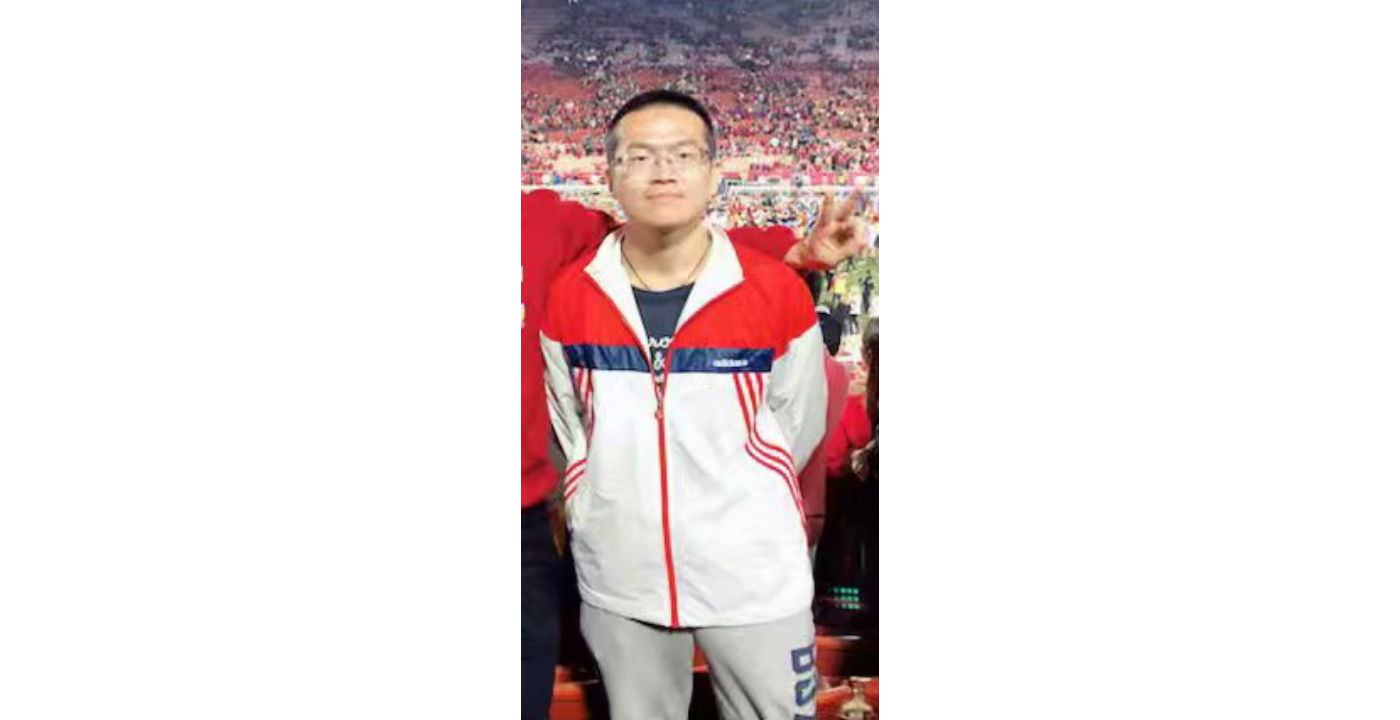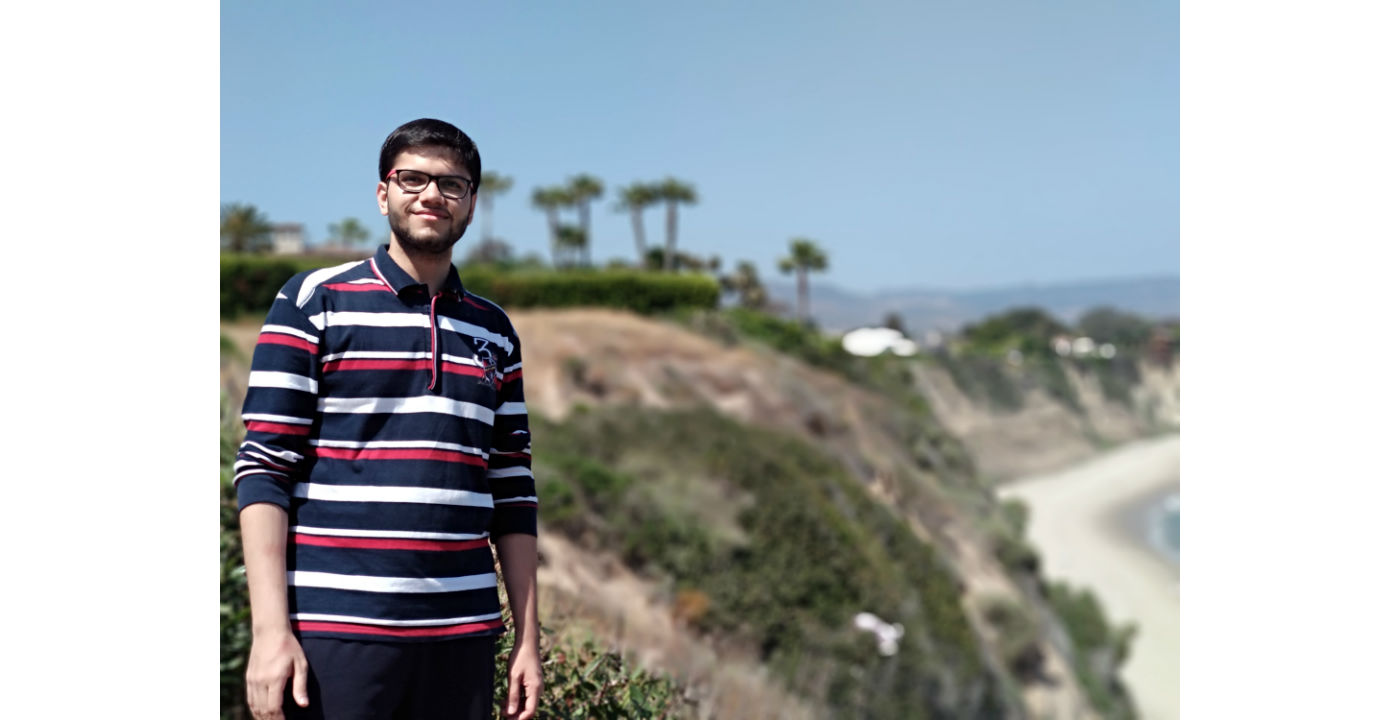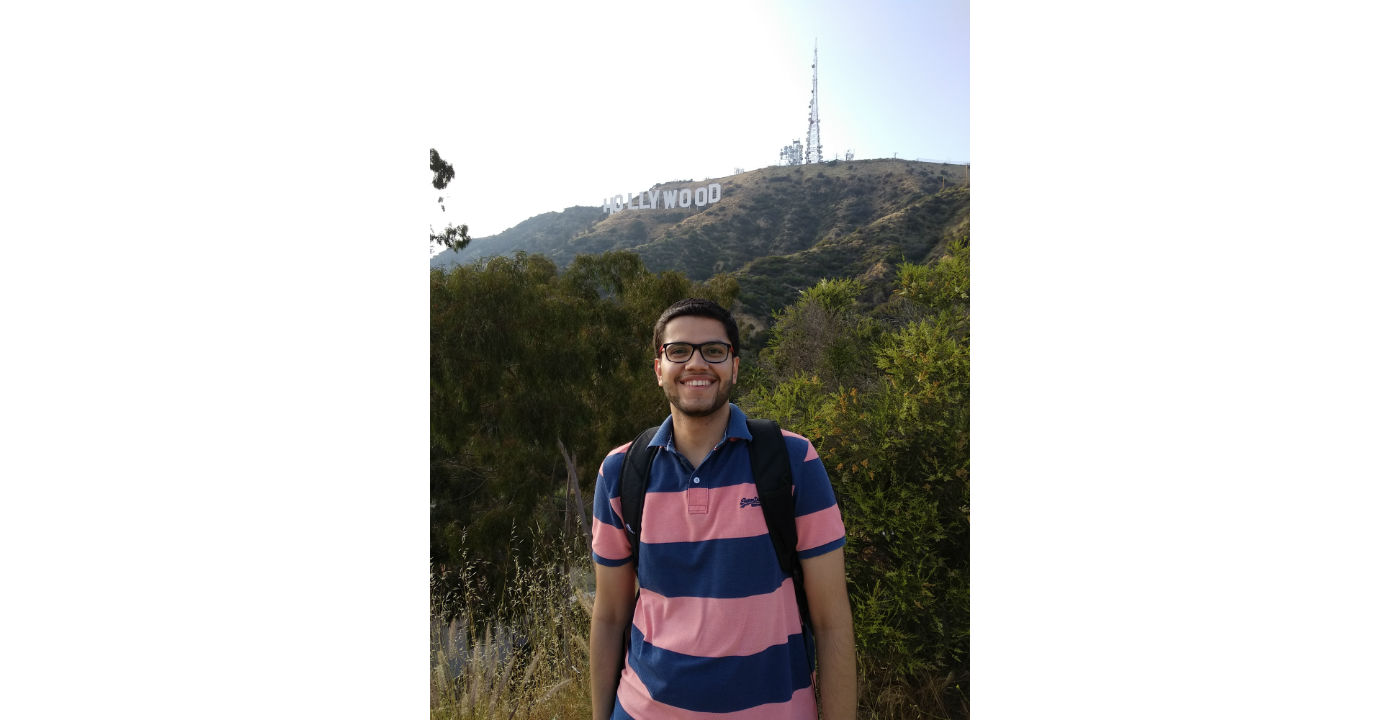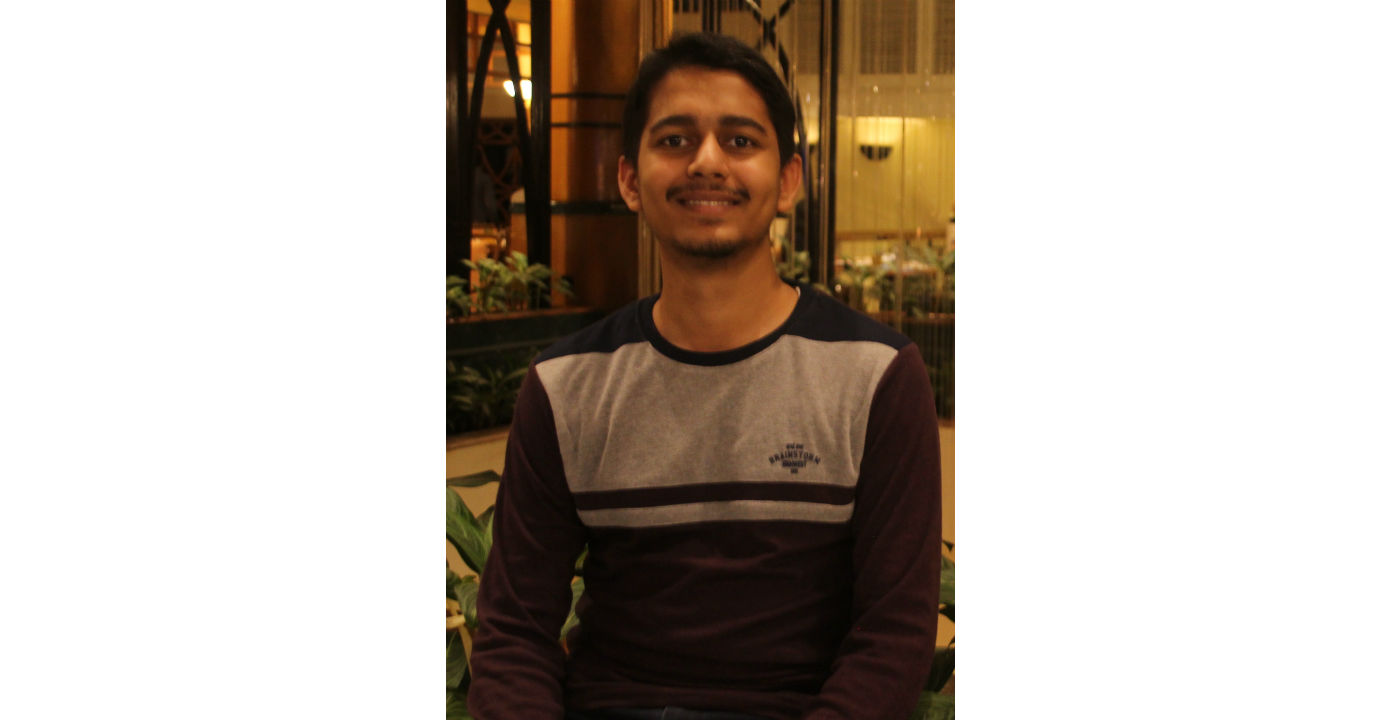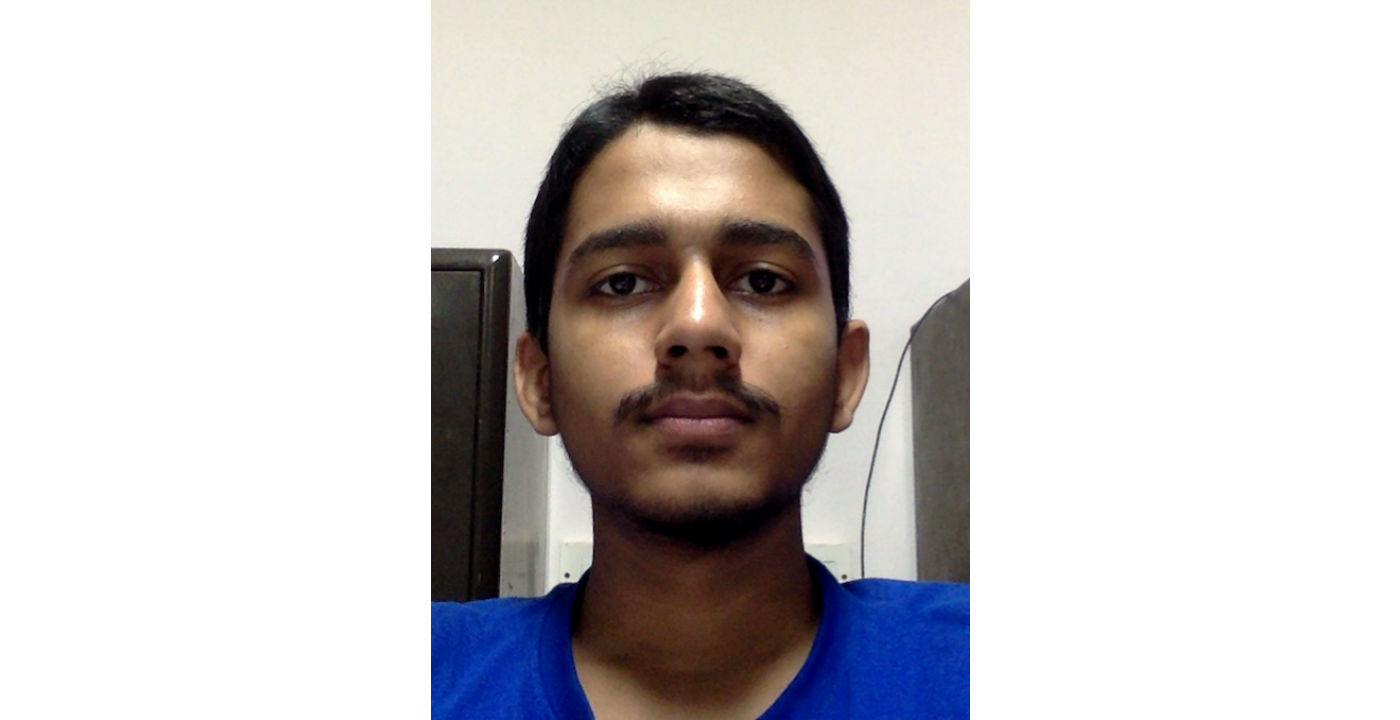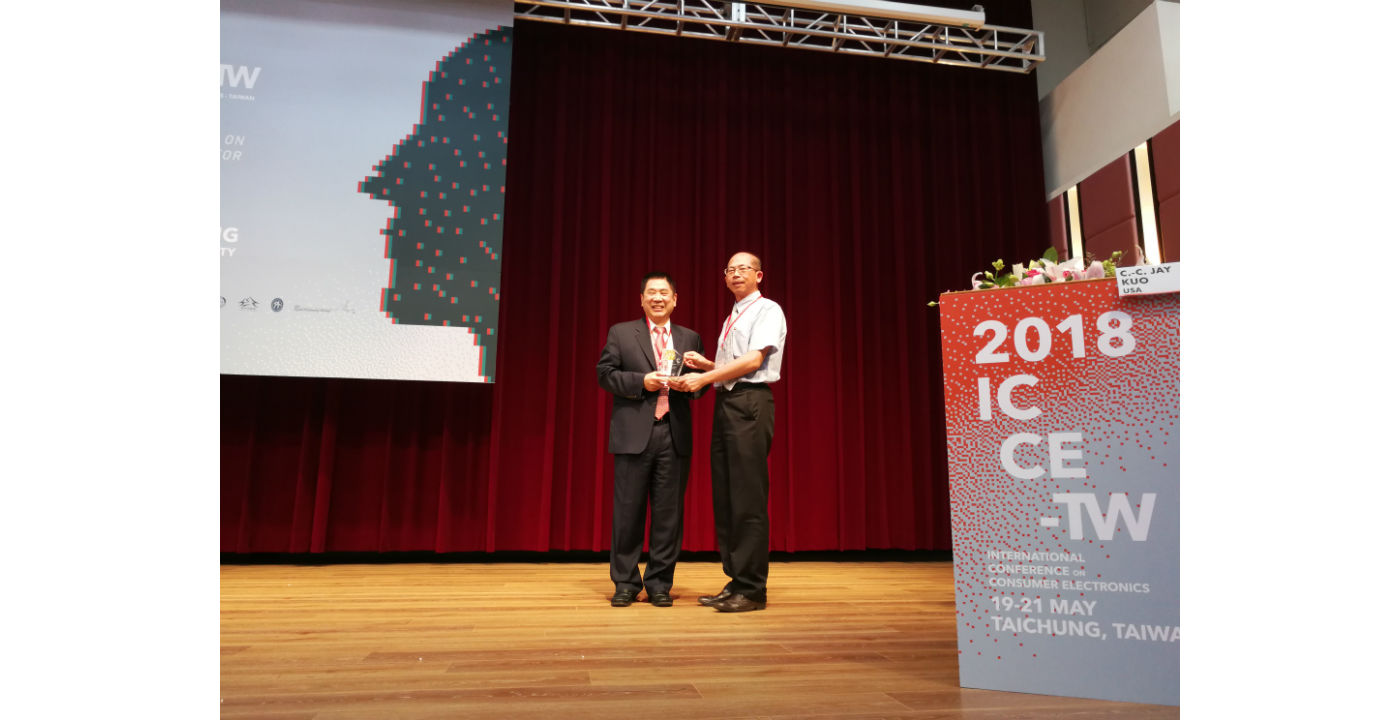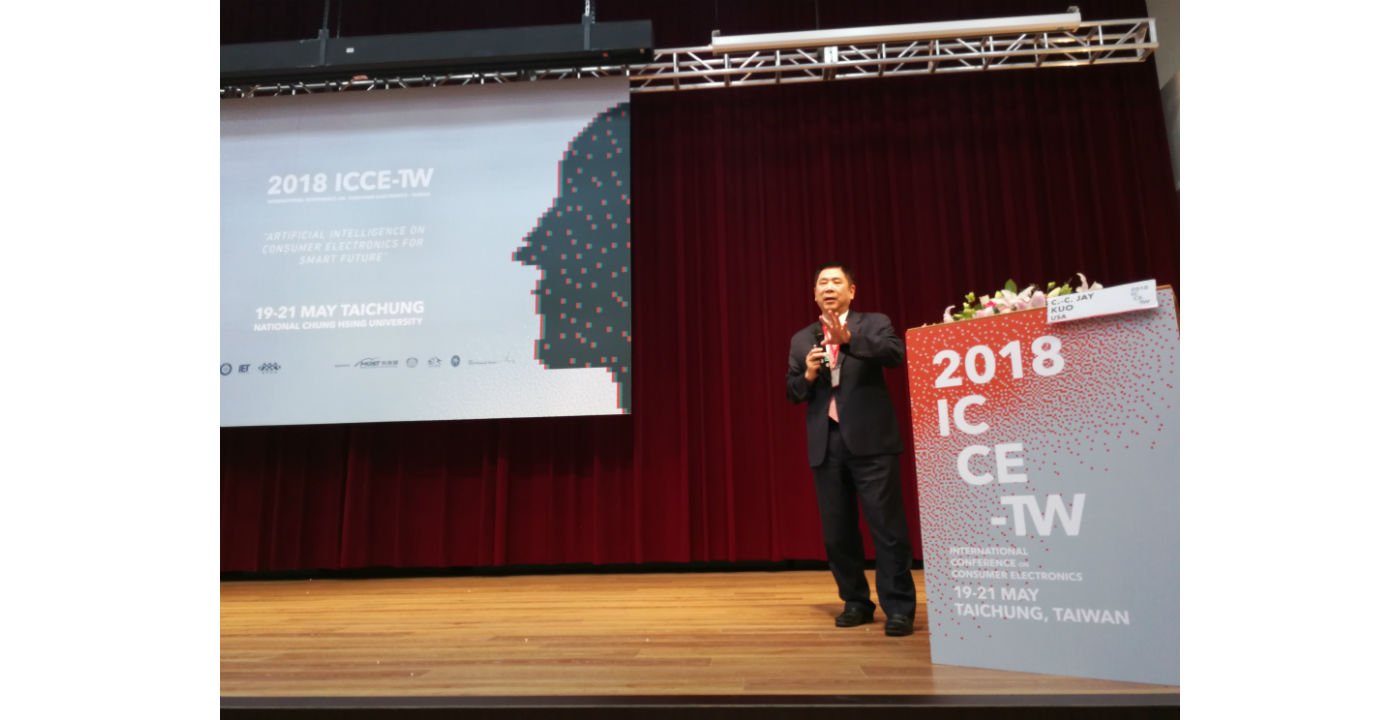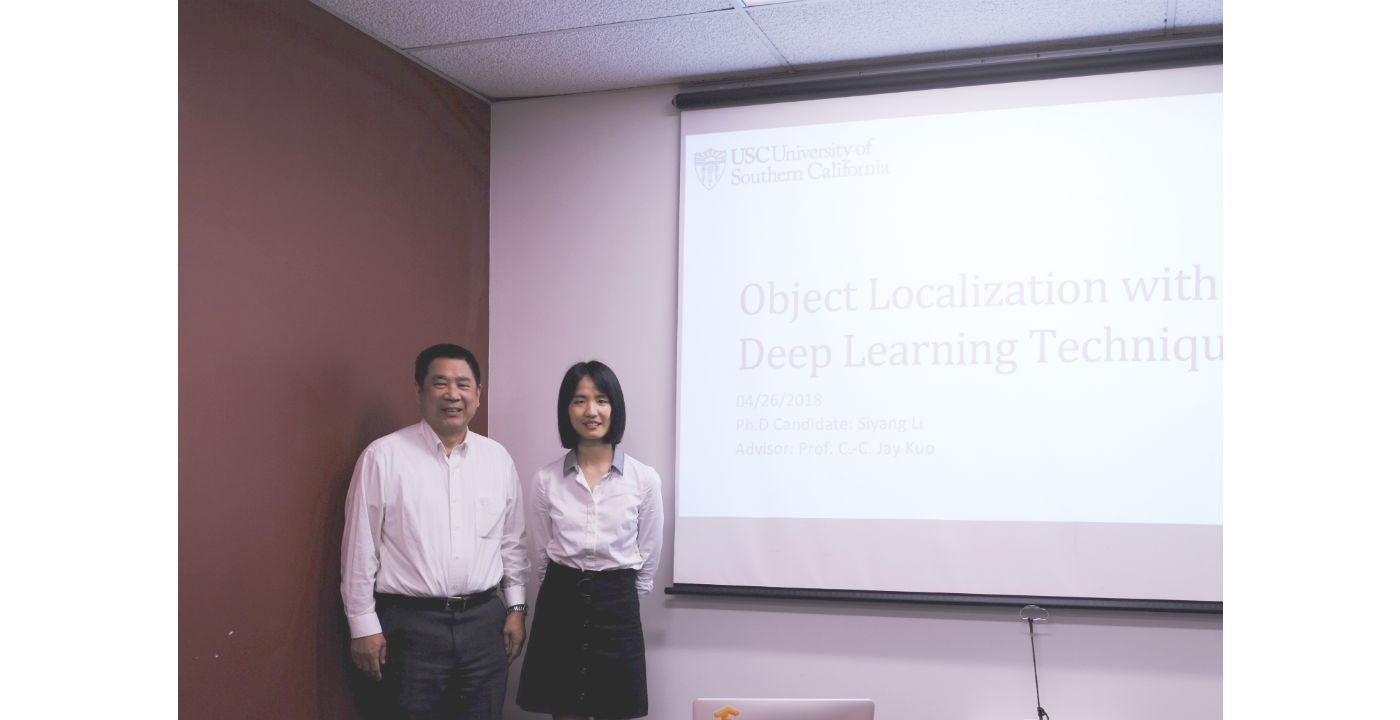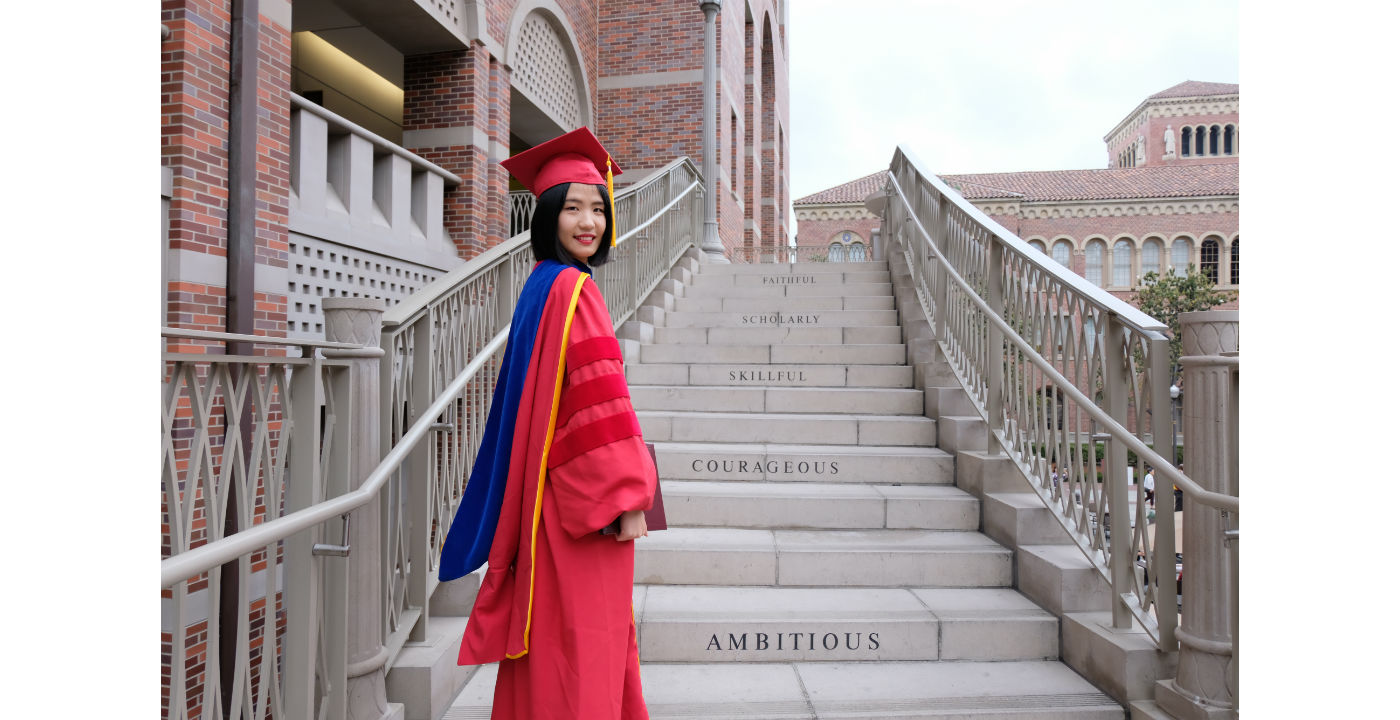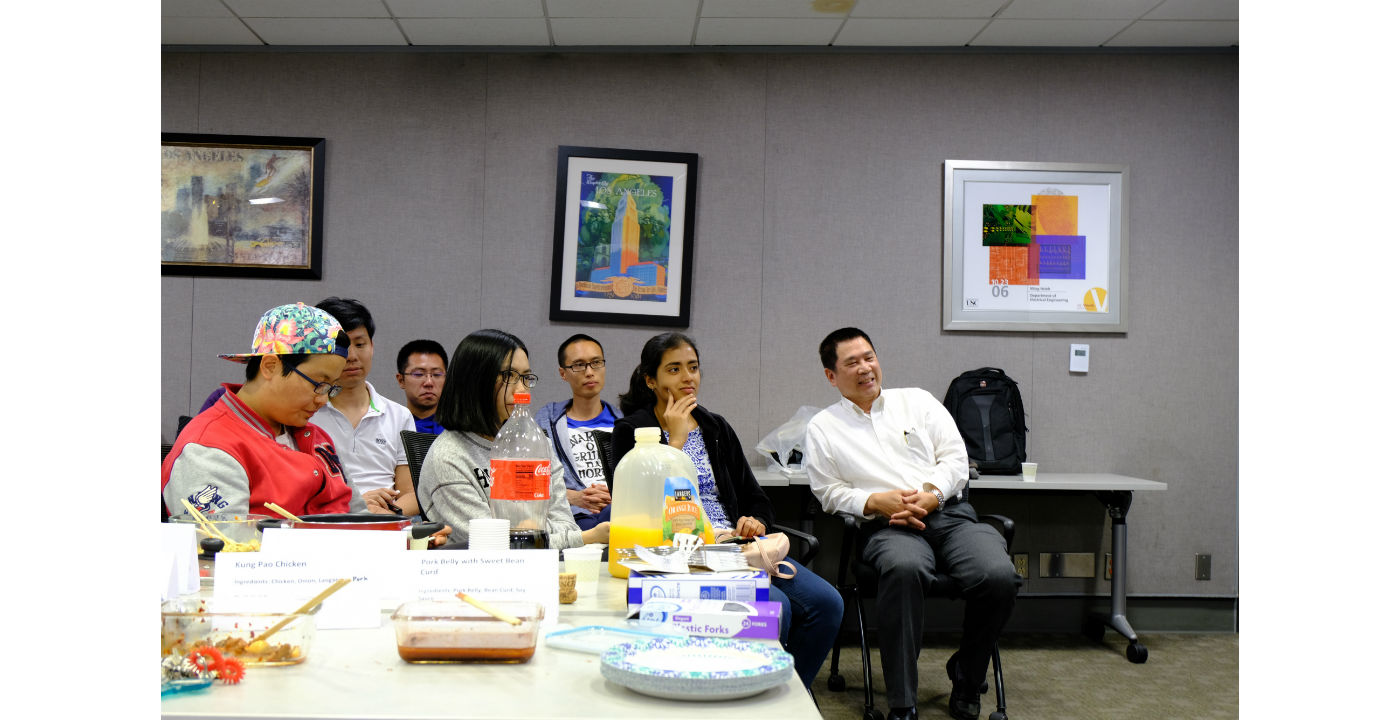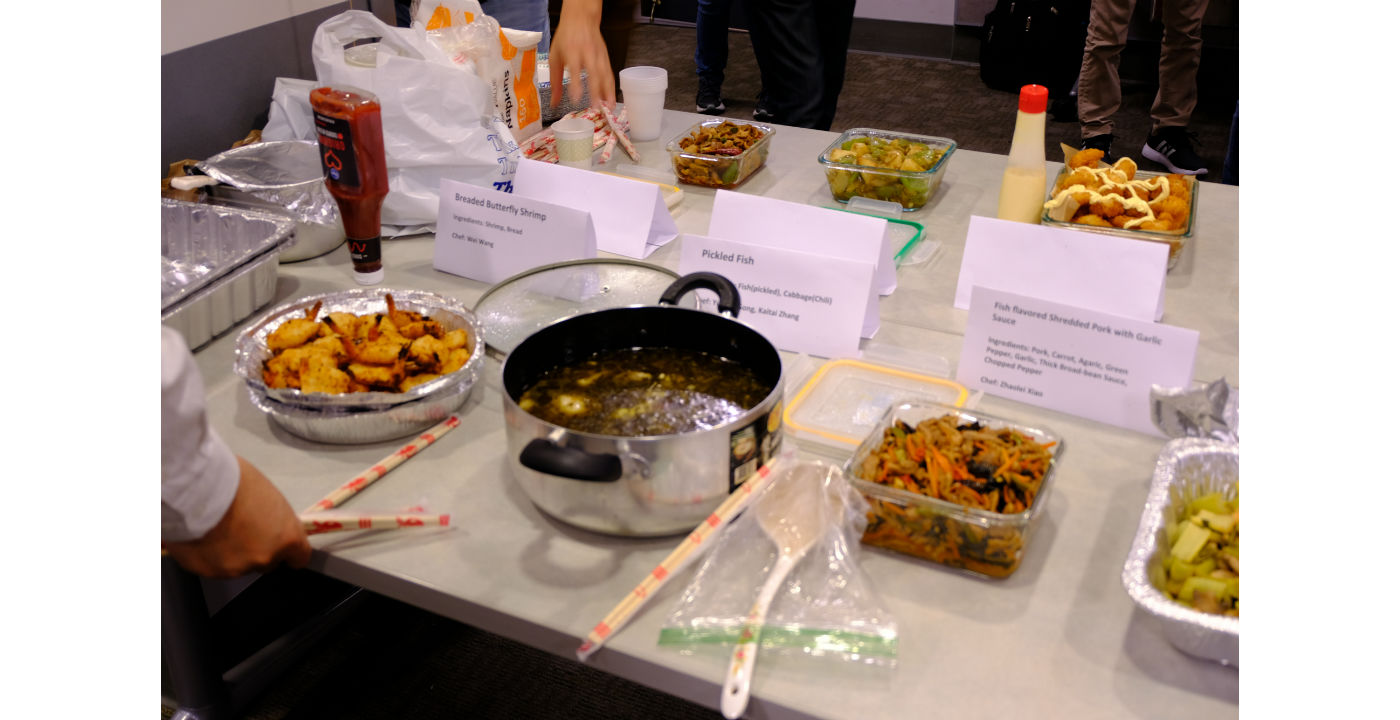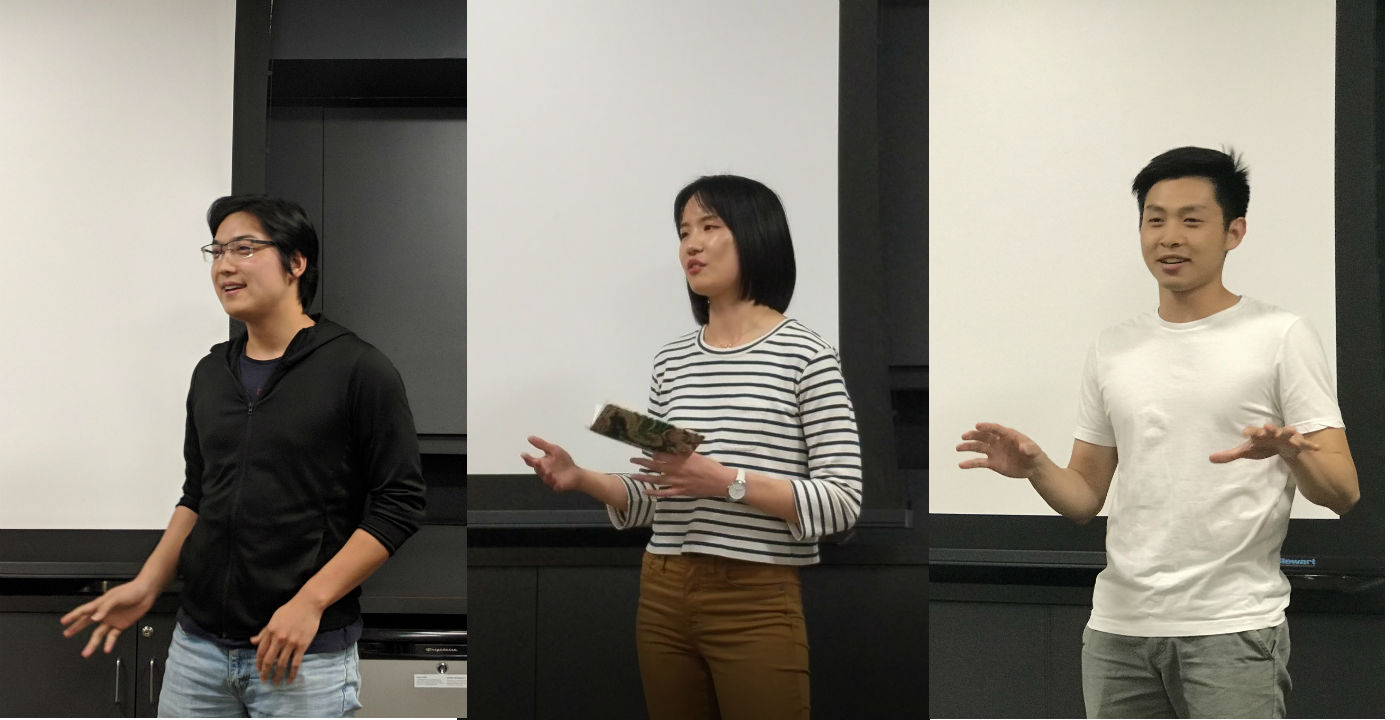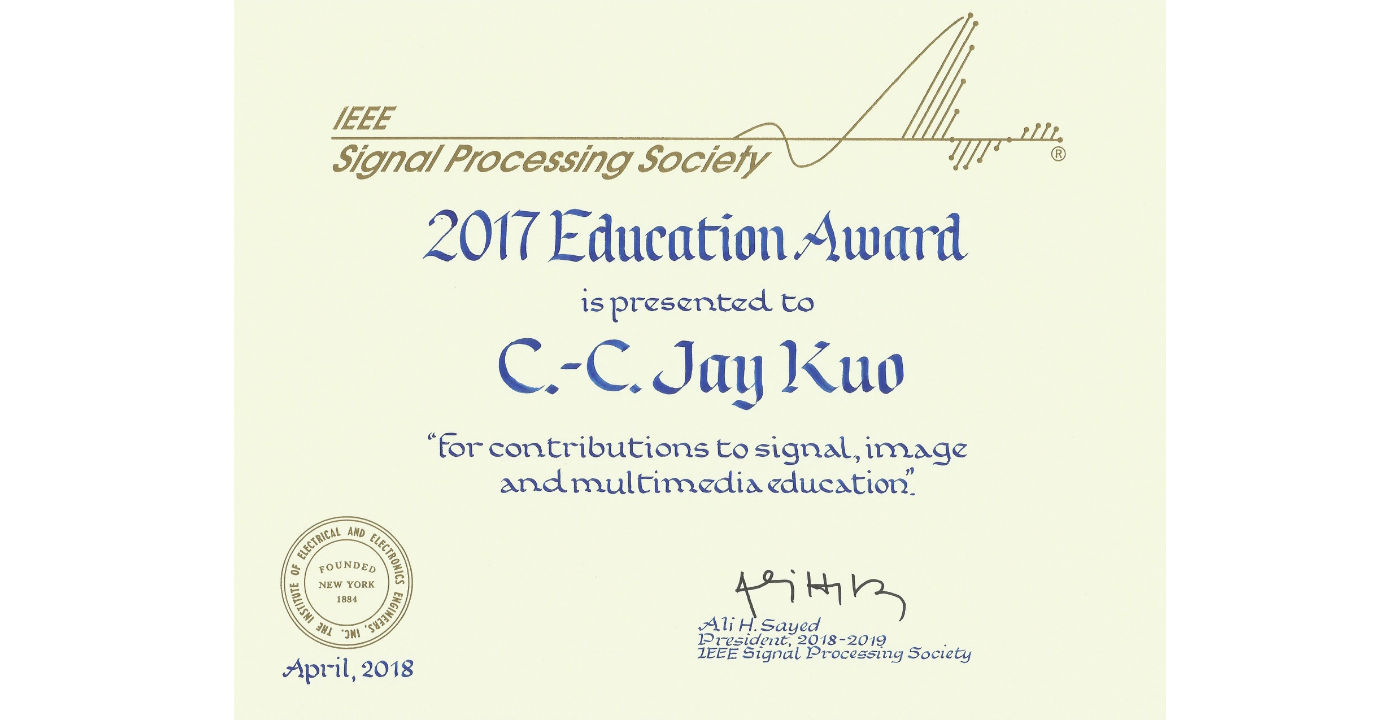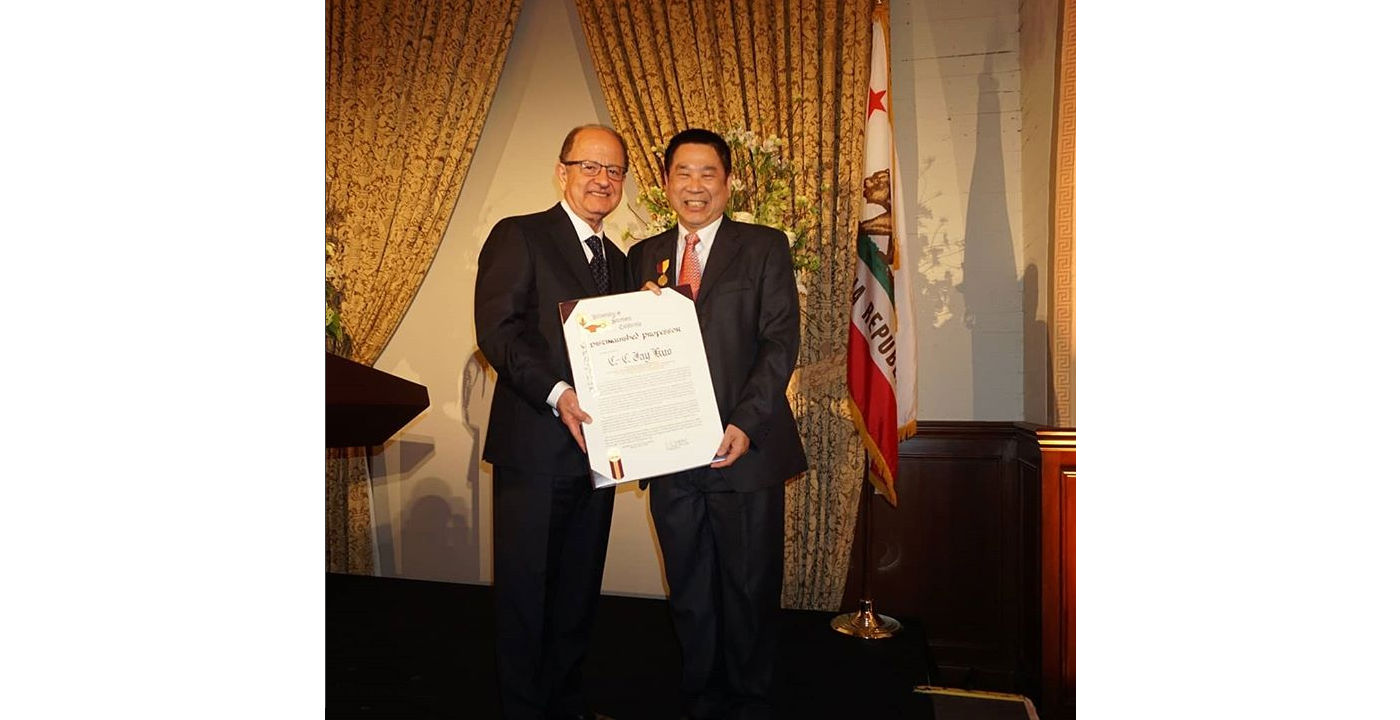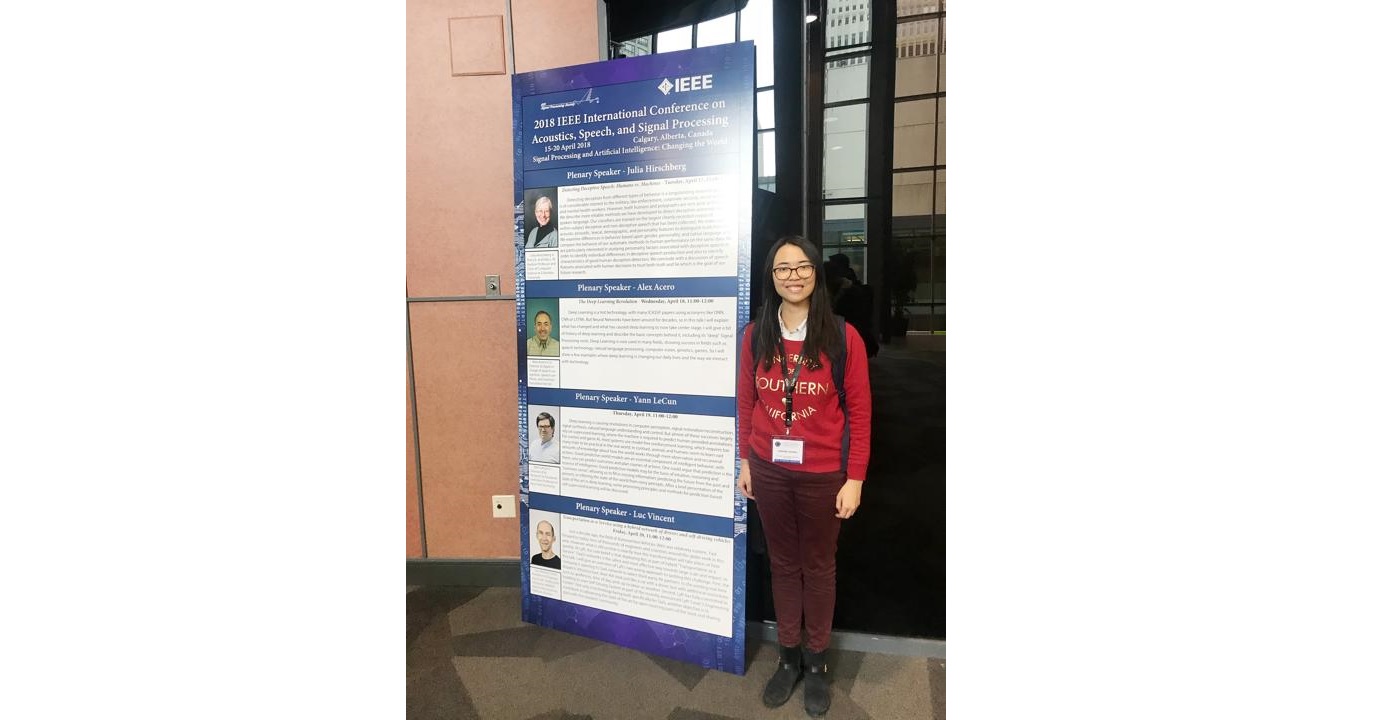Welcome New MCL Member – Yao Zhu
We are happy to welcome a MCL summer intern – Yao Zhu! Here is an interview with Yao:
1. Could you briefly introduce yourself and your research interests?
My name is Yao Zhu. I am currently pursuing my Master degree of Electrical Engineering in USC. I graduated from Central South University in Hunan, Changsha, China. In research area, I am an avid learner in computer vision, artificial intelligence and machine learning. In my spare time, I have wide range of hobbies including doing sports, music, cook, etc. My favorite sport is table tennis.
2. What is your impression about MCL and USC?
USC is a beautiful and charming community with strong cohesion. It welcomes students from every country in the world to come to US and pursue their dreams. I am glad to be in Trojan family and I’ll do my contribution to this big family. In MCL I feel like in a big family as well. Labmates are kind and always willing to give a hand. What’s more, they are all extraordinary in their field and I can learn a lot from them.
3. What is your future expectation and plan in MCL?
I am working with Jiali, Saksham, Pranav as a team on Face Synthesis. They are excellent teammates and I appreciate working together with them. In the futures, I hope I can successfully accomplish this task and open up new road of synthesis.

